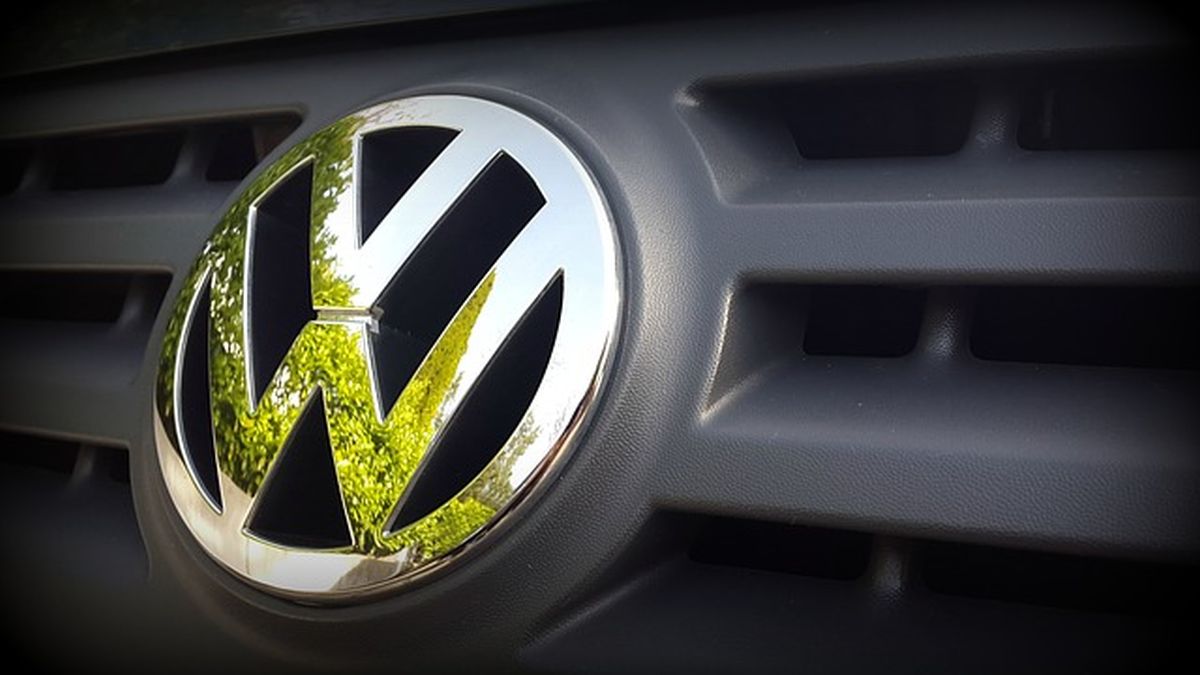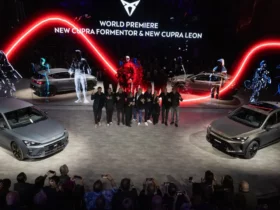A young German activist and the leaders of Greenpeace Germany have sued Volkswagen, accusing it of doing nothing but “feeding the climate crisis”, accusing the carmaker of not having done its duty in the fight against global warming.
The plaintiffs, Clara Mayer and the NGO Greenpeace, had given the German carmaker time (eight weeks) to investigate its errors before filing the lawsuit, as happened on Tuesday when the NGO filed the complaint with the regional court. by Braunschweig.
Among their demands were two essential goals: 2030, stop the production of internal combustion engines by 2030 and reduce carbon emissions by at least 65% compared to 2018 levels. VW rejected the requests on October 28, as reported by Reuters.
Martin Kaiser, CEO of Greenpeace Germany, said automakers like Volkswagen “must take responsibility and act much faster to phase out the highly polluting internal combustion engine and decarbonise their businesses without delay.”
“The COP26 negotiations in Glasgow indicate that the 1.5 degree target is at stake and can only be achieved through a bold change in politics and business,” Kaiser said in a statement, citing the recent UN climate change summit. “But as people suffer from floods and droughts caused by the climate crisis, CO2 emissions from transport continue to rise,” he said.
Greenpeace Germany aims to significantly decrease the CO2 emitted by Volkswagen
Now the hand passes to the German judges. If Greenpeace Germany’s lawsuit goes through, according to the NGO, two gigatonnes of CO2 will be emitted by 2040 compared to Volkswagen’s current plans.
There was no shortage of comments from the German carmaker. A VW spokesperson told Reuters that the company “supports climate protection and decarbonisation of the transport sector, but cannot tackle this challenge alone.”
It is not the first time that car manufacturers have come under the crosshairs of environmental organizations, especially the German ones. A similar case had already happened last September when the NGO Deutsche Umwelthilfe called into question BMW and Daimler when, according to activists, both companies rejected requests to stop production of fossil-fuel cars by 2030 and to limit CO2 emissions before that year.
The lawsuits are based on two previous climate-related legal battles. In May 2020, a German ruling said the country was not protecting future generations from the consequences of climate change.
In the same month, a Dutch ruling ordered the oil company Shell to cut its emissions, the first time a private company was held responsible for its impact on the climate.
















Leave a Reply
View Comments